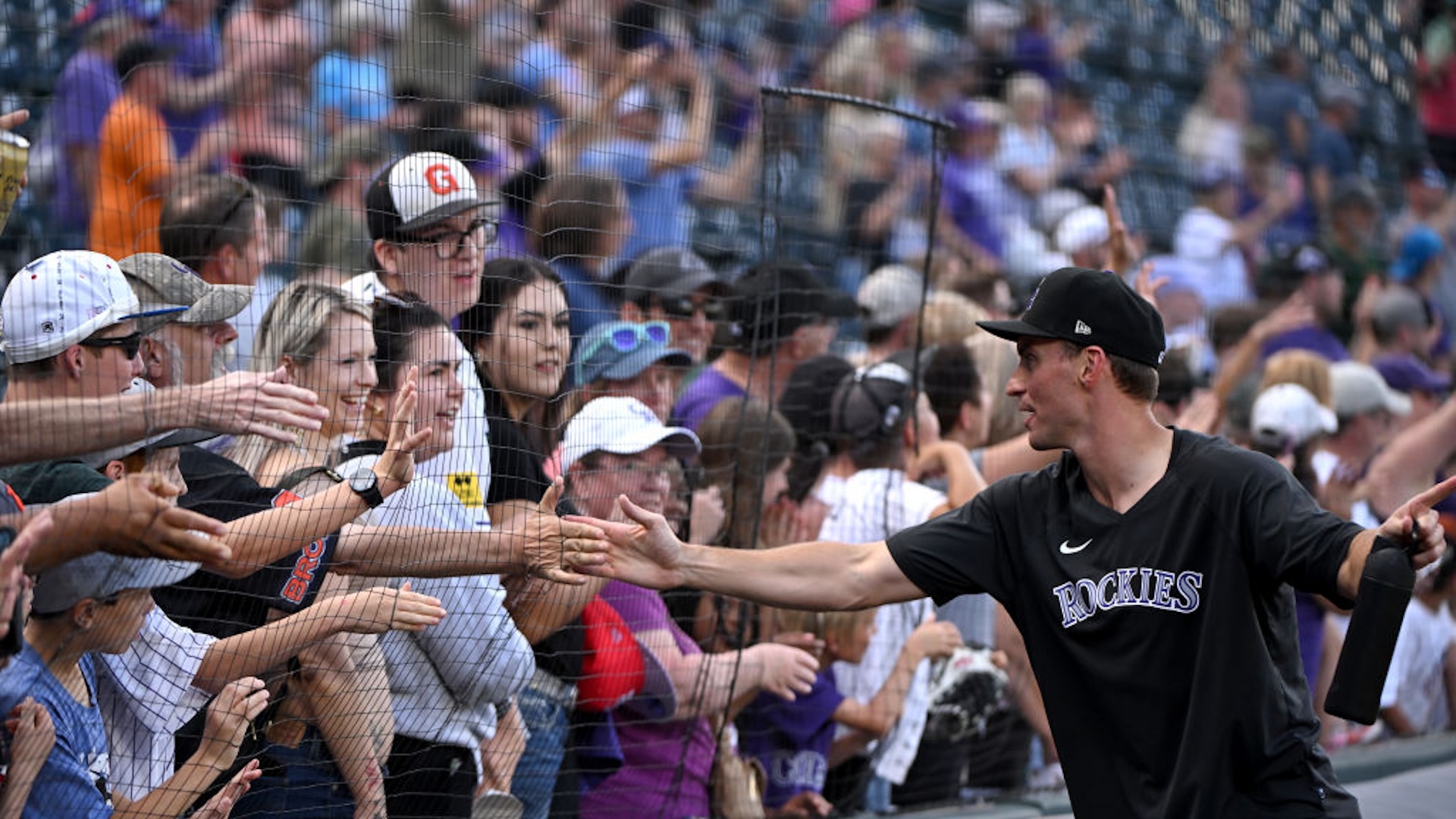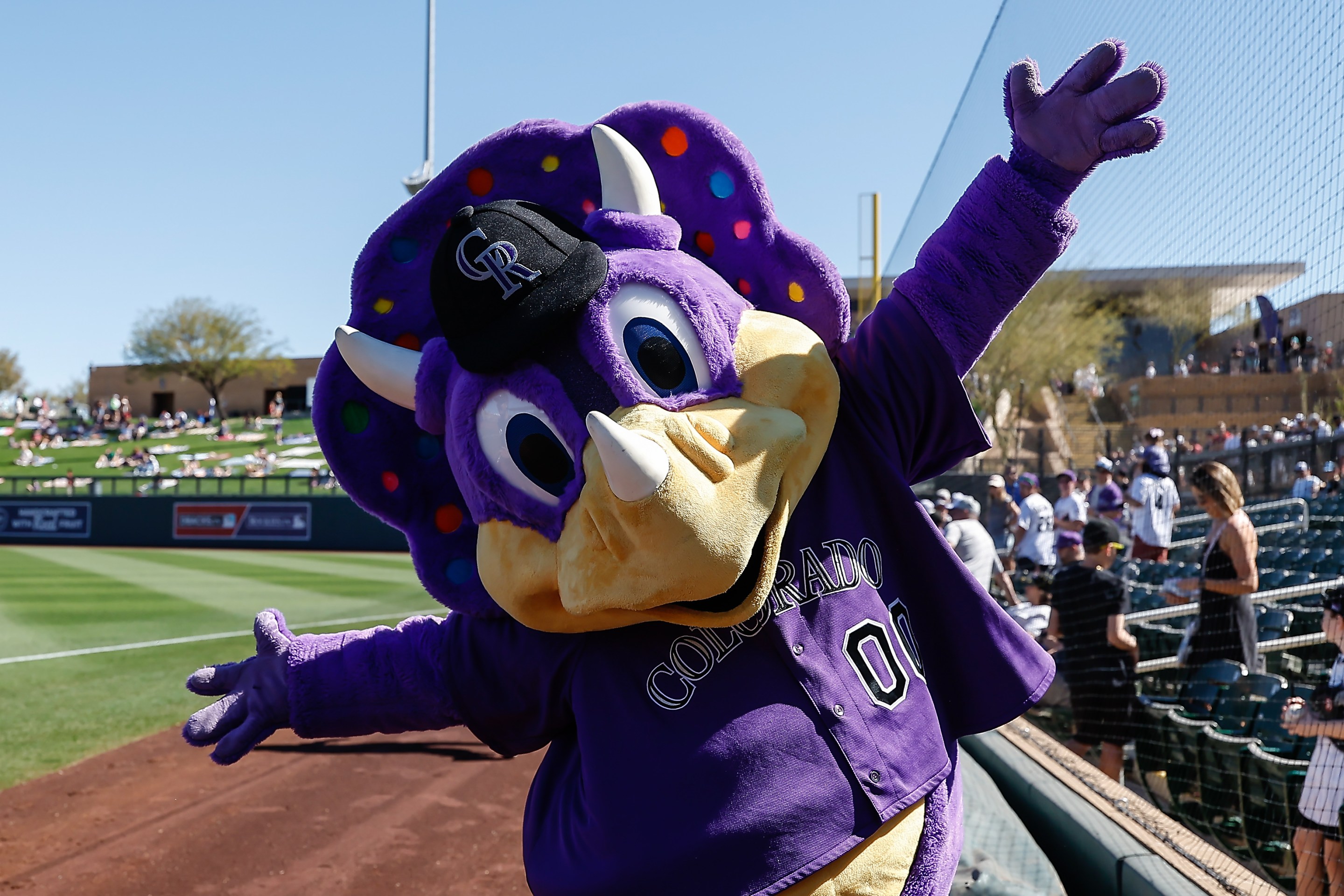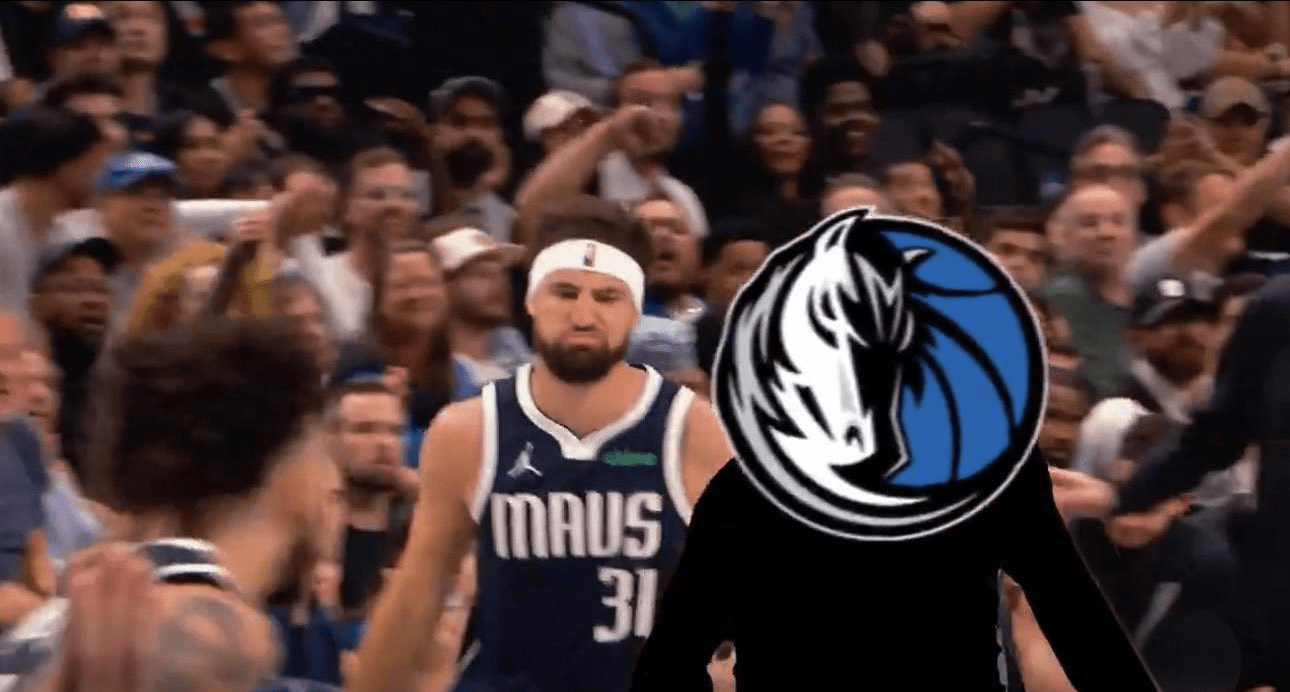Baseball Prospectus has given us many numbers we are intended to embrace because we've not been doing baseball properly, but there is nothing, nothing we tell you, that the kids do more valuable than their annual preseason PECOTA ratings. They are largely like all the other projections baseball that try to foretell the future, except that they apply more math in more ways to try to make the unknown knowable. Plus, they found an acronym (PECOTA is Player Empirical Comparison and Optimization Test Algorithm) we can laugh at and admire simultaneously, as they found the right semi-obscure player (Bill Pecota, of the honorable Pecota tribe) who lasted enough years to play every position more than once.
But the best thing PECOTA does, other than shout at us by using all caps, is its annual preseason standings projections for each team because they do the same thing everyone else does—fall for the folly of predicting the future by applying the revelations of the past and extrapolating them to full elasticity. The fun comes when we can see all their hard work of statistical acumen and say either, "Duh?" or "That's ridiculous!" based on nothing but the same lack of scholarship we apply to every other sport. We like to use numbers that match our feelings, and PECOTA is as good a tool for that as anything else we've come up with as we watch ChatGPT warming in the bullpen of our lives.
Example: The PECOTII have crunched enough data to conclude that the Los Angeles Dodgers will win 101 games this coming season, which is one more than a season ago. They will do this despite adding Shohei Ohtani, Teoscar Hernandez and Yoshinobu Yamamoto, which means that all our fears that the Dodgers will spend the game into oblivion are unfounded, we will feel like the hopeless bunch of charlies we are, and we will savage them for underachieving with a 135-win roster and demand that manager Dave Roberts be fired by May Day.
Added note: The Los Angeles Angels are supposed to win one more game without Ohtani (74) than they did a year ago. It would seem that PECOTA thinks Ohtani is a relative irrelevance as a baseball force, which would destroy a lot of people's illusions about the alleged new greatest player in baseball history. Somewhere Babe Ruth is calling bullshit on the last few years of hyperbole.
Further example: The Local Team Athletics are projected to win 64 games, which is not only a 14-win improvement over last year despite their big signing being Ross Stripling, but also six games better than both the Colorado Rockies and Washington Nationals. This is a brazen insult to the A's under musty sock drawer John Fisher, who are actually seeking to become the first team to play their home games in the Phantom Zone. They went 50-112, less than half the number of wins by the Baltimore Orioles, and spent their entire year in a dispirited funk. Given Fisher's basic inability to identify what shoe goes on what foot before he begins another strenuous day walking into doors in search of money he hasn't merited for a job he hasn't done, it is hard to see how this team is supposed to improve by 22 percent, let alone be better than two other teams. This is a cruel joke, but we like it.
Further further example: The San Francisco Giants are projected to go 81-81, which anyone could have predicted given the fact that they have been built to be 81-81, spend the kind of money you spend to be 81-81, and have the kind of roster than screams 81-81. There was no math needed for this projection, none whatsoever.
Further further further example: The only team in the NL East expected to improve this year is New York even though the average age of its projected pitching staff is 32, which begs its own prediction, specifically, "How soon can Comrade Roth's hopes be crushed, within five days either side of Flag Day?"
Therein lies the best thing about this slice of PECOTA: It works just like all the projections the annual magazines used to do when baseball magazines existed—as happily frivolous, conversation-generating and valuable as this graphic of the 30 spring training hats:
Big fan of the A's design this year pic.twitter.com/m2ngfrRXSA
— Patrick Dubuque (@euqubud) February 5, 2024
And even the hats don't show us how the A's are supposed to win 64 games, or who is supposed to cheer for them as they do.





